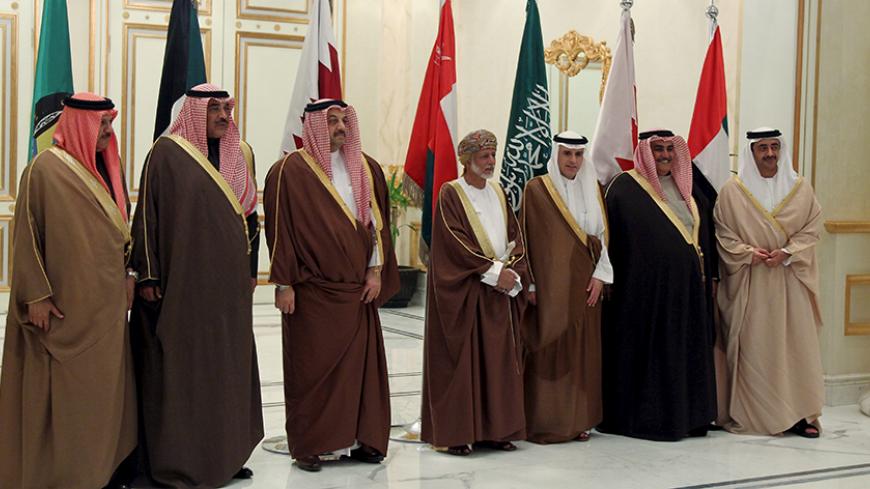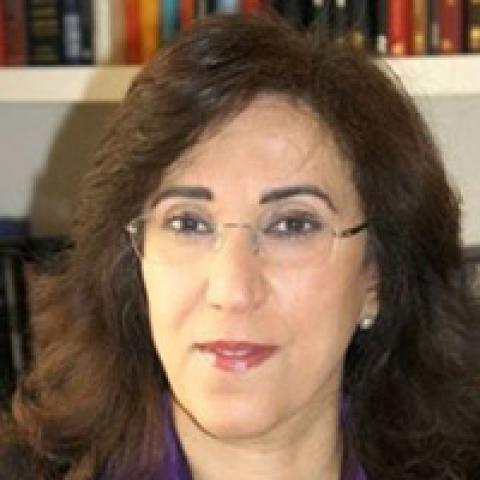Since the Arab uprisings began in 2010, all six Gulf Cooperation Council (GCC) states have been preoccupied with regime survival, which dictates how they project their power beyond their borders.
When Saudi Arabia, Qatar, the United Arab Emirates, Bahrain, Kuwait and to a lesser extent Oman project power abroad, they are driven by their own domestic challenges rather than by a Gulf consensus. Consequently, GCC countries have adopted contradictory projects in most Arab countries such as Libya, Egypt, Yemen and Syria.



